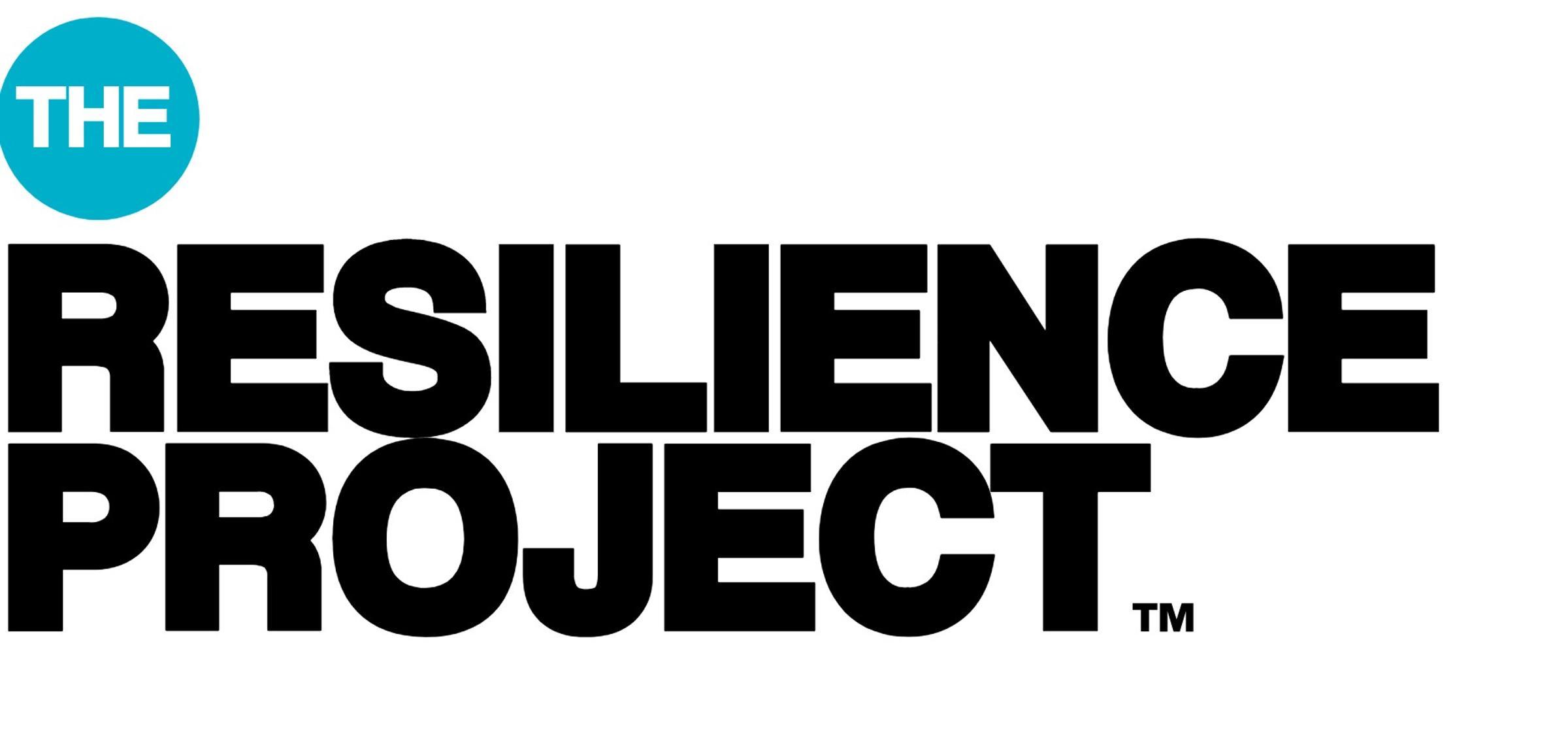Building Resilience at Home
In today’s fast-paced world, fostering resilience within our families is more important than ever. Resilience is the ability to adapt to challenges, overcome adversity, and emerge stronger. It’s the ability to Bounce Back! Here are some practical strategies which our RP presenter Whitney discussed at the recent wellbeing workshop for parents and carers that will help build resilience at home:
- Encourage Open Communication: Create a safe space where family members feel comfortable sharing their thoughts and feelings. Regular family discussions about challenges and successes can strengthen bonds and promote understanding.
- Model Positive Coping Strategies: Demonstrate effective coping mechanisms, such as mindfulness, deep breathing, or problem-solving. When your children see you navigating difficulties with composure, they learn to emulate these behaviours.
- Label the emotion! Your child learns how to express their emotions when you model how you are feeling eg. saying “I feel frustrated because… or I feel overwhelmed because… etc. This helps them to increase their emotional vocabulary and helps them understand how they are actually feeling and why. They can then choose the best coping strategy to help them. Google some fun “Mood check-ins” for the family to choose a character or picture to show how they might be feeling at that moment, in the last day, week etc.
- Cultivate a Supportive Environment: Foster connections with extended family, friends, and community members. A strong support network can provide encouragement and resources during tough times. Whitney explained that sadly many young people don’t seek help when they are not coping.
- Practise Gratitude: This is being thankful for the things we have NOT focusing on what we don’t have. Incorporate gratitude practices into daily routines, such as at dinner time sharing three things that went well for you today or asking What are you most looking forward to tomorrow? What is someone you feel grateful for? Why? This helps shift focus from challenges to the positive aspects of life.
- Practise showing Empathy & Kindness: Showing kindness towards others and self- Practise doing random acts of kindness for others eg. Looking for someone who needs help. Asking your child “I notice you are feeling sad today, am I right? This opens the lines of communication and by saying “Am I right?” allows them to tell you whether you have identified their emotion correctly too.
- Mood Changers- Practise incorporating music, exercise and laughter at home.
- Practise Mindfulness- Being present in the moment- Have device free moments, practise breathing exercises eg box breathing, practise being mindful in movement, Be in Nature, do some hands-on-activities or partake in mindful colouring/drawing.
By implementing these strategies, families can create a nurturing home environment that promotes resilience, preparing everyone to face life’s challenges with confidence and strength.
Thanks,
The Wellbeing Team (Mrs Arthur, Zoe and Melanie)
